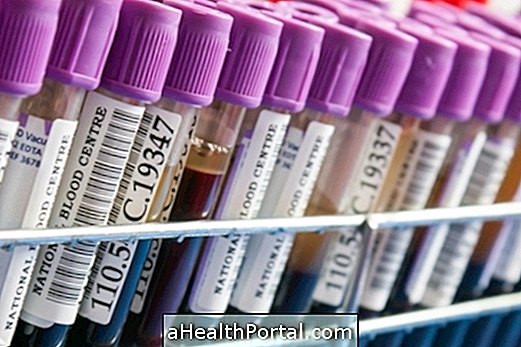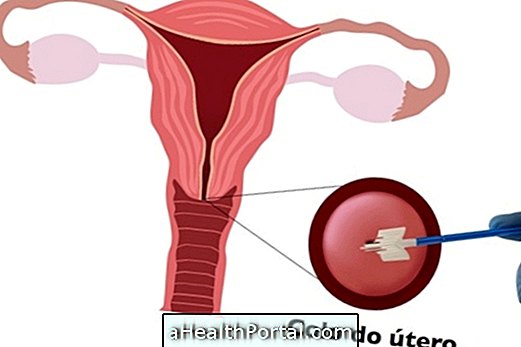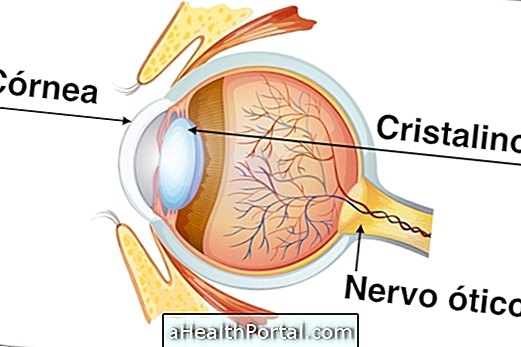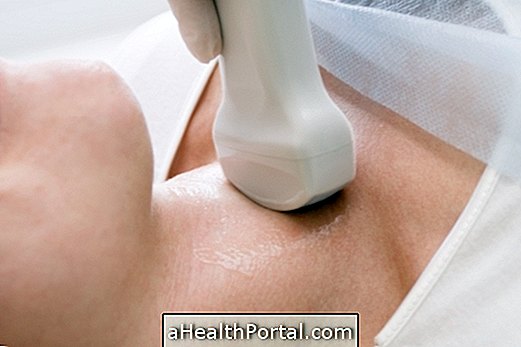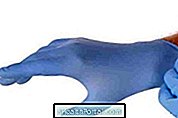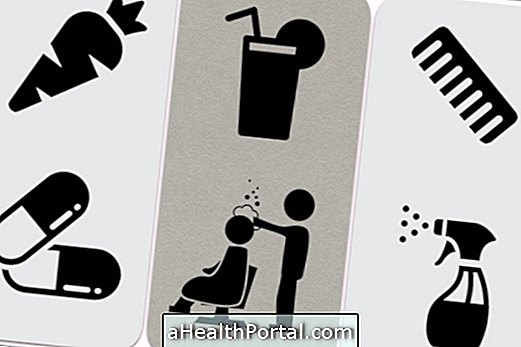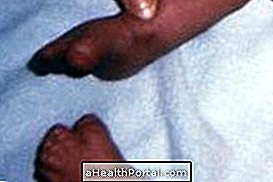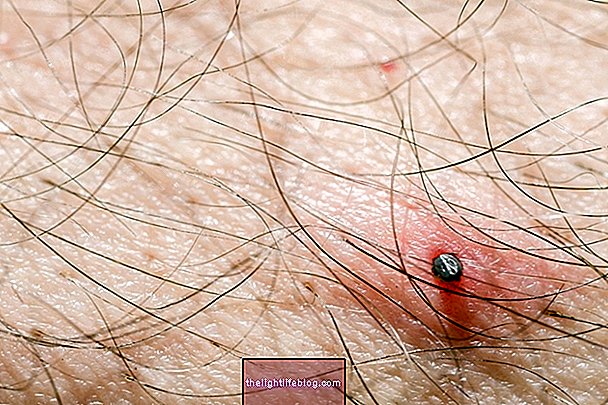Retinal mapping, also known as fundus examination or funduscopy, is an examination in which the ophthalmologist can observe the nerves, blood vessels and tissue of the eye responsible for capturing the images, and can detect changes and allow indication of the treatment . Thus, the mapping is indicated to identify changes caused by:
- Eye diseases such as glaucoma, retinal detachment, tumor, inflammation, lack of blood flow or drug intoxication, for example;
- Systemic diseases that cause eye damage, by altering the nerves and vessels of the eyes, such as diabetes, arterial hypertension, rheumatic diseases, neurological diseases or blood diseases;
In addition, retinal mapping may also be indicated in preterm infants, aged 32 weeks or less or weighing 1, 500 g or less, because in these cases there may be retinopathy of prematurity, a disease that causes changes in the vessels the baby's blood. Lack of adequate treatment can lead to irreversible damage to the child's ocular development and, in some cases, blindness. Understand what can be done in these cases in the treatment of retinopathy of prematurity.

How is done
Retinal mapping is a simple examination done during consultation with the ophthalmologist, which does not cause injury or causes pain. For its realization, a device called ophthalmoscope is used, that is positioned to a distance of about 15 cm and projects a beam of light in the bottom of the eye, allowing the doctor can observe the image of the region.
With this observation, the ophthalmologist will be able to identify possible changes and, if necessary, ask for more tests, such as tomography, or even indicate treatments, such as medicines to treat inflammation or surgery to reposition retinal detachment, for example.
In addition, to perform the exam, the doctor may indicate dilation of the pupil, made with eye drops also applied in the consultation, shortly before the examination, so it is recommended to have a chaperone to assist in the return home. It is also advised not to use hard contact lenses on the day of the examination as it may change the result.
See also other ophthalmologic examinations can be done to avoid complications of vision.
Exam price
Retinal mapping is done free of charge by the SUS, when indicated, however, it can also be done in private clinics, for a price that can vary between 100 and 250 reais, which is very variable according to the location and the clinic where the examination is done.

When indicated
The fundus examination should be done in the following cases:
- Whenever the vision becomes impaired, and the reason is not the lack of suitable glasses;
- People over 50, since from this age onwards, it is more common to develop retinal diseases;
- Carriers of diseases that can cause damage to the retina, such as hypertensive, diabetic or rheumatological diseases;
- People with myopia, because it is a situation in which the retina becomes more fragile and favors the appearance of lesions that, when left untreated, may lead to detachment of the retina;
- When using medications considered to be toxic to the retina, such as Chloroquine, Chlorpromazine, Tamoxifen or Isotretinoin, for example;
- In the preoperative period of ocular surgeries, such as refractive or cataract surgeries;
- Family or personal history of retinal detachment;
- After trauma or eye injury;
- Whenever, during the general consultation, a complaint is made regarding internal eye changes;
- In babies born at or below 32 weeks of age, weighing less than or equal to 1500 g, as retinopathy of prematurity may occur.
Thus, with the mapping of the retina, it is possible to detect at an early stage the main alterations of the retina or ocular diseases in general, so that the treatment is done quickly, avoiding complications, such as loss of vision.

